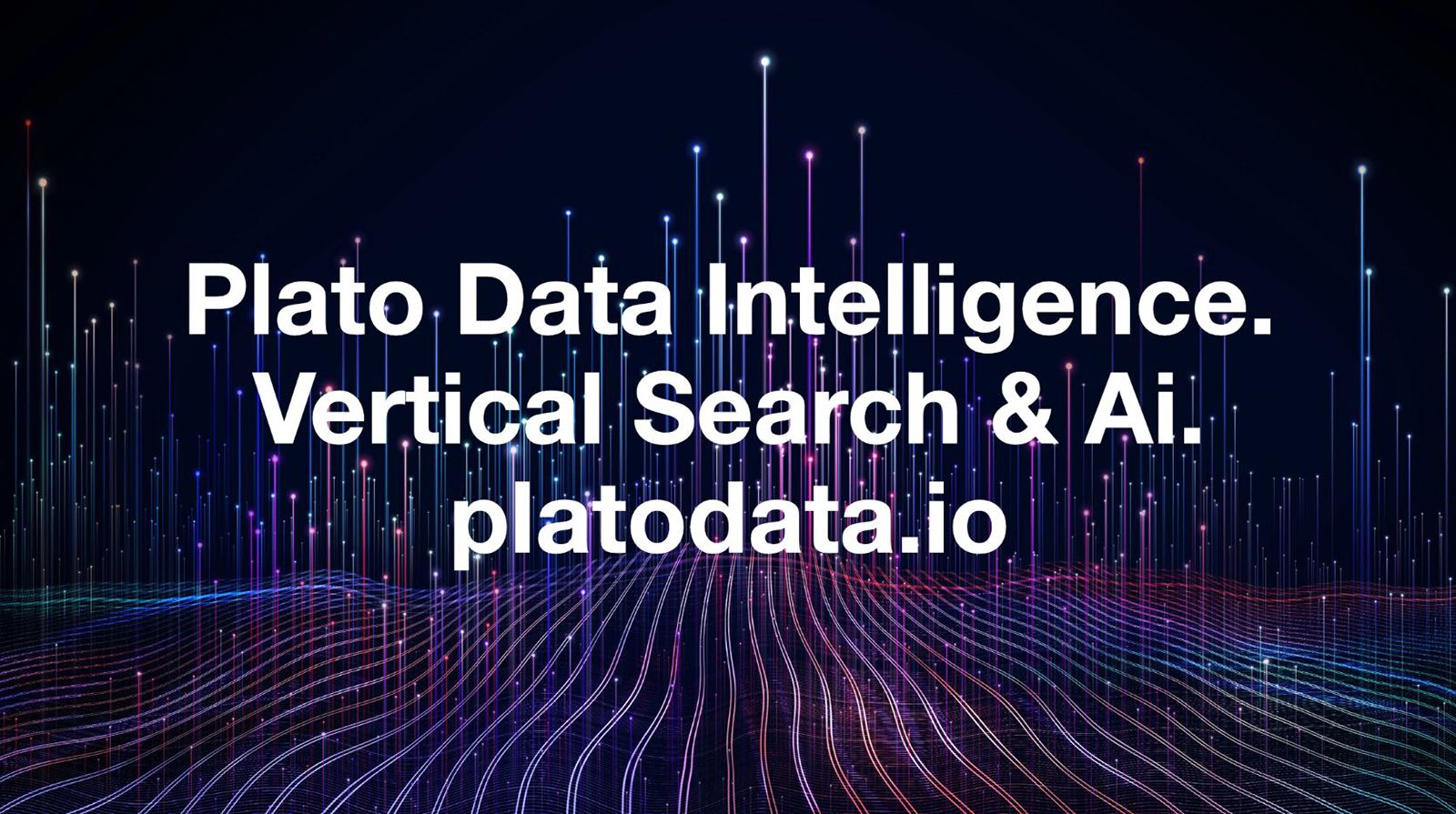![]()
# From Feature to Foundation: The Transformative Rise of AI in Modern Technology
Artificial Intelligence (AI) has evolved from being a niche feature in select applications to becoming a foundational pillar of modern technology. Over the past few decades, AI has transitioned from a futuristic concept to a transformative force that is reshaping industries, redefining human-machine interaction, and driving innovation at an unprecedented pace. This article explores the journey of AI, its integration into modern technology, and its profound impact on society.
---
## The Early Days: AI as a Feature
In its infancy, AI was primarily seen as a feature—a specialized tool designed to perform specific tasks. Early implementations of AI were limited in scope and functionality, often confined to rule-based systems and expert programs. For example, in the 1990s, AI-powered chess programs like IBM's Deep Blue gained attention for their ability to defeat human grandmasters. Similarly, early voice recognition systems, such as those used in automated customer service, showcased AI's potential but were far from perfect.
During this period, AI was largely experimental, with limited real-world applications. It was a feature that enhanced certain products but was not yet integral to the broader technological ecosystem. The computational power and data required to unlock AI's full potential were simply not available at the time.
---
## The Turning Point: Big Data and Machine Learning
The early 2000s marked a turning point for AI, driven by two key factors: the explosion of big data and advancements in machine learning algorithms. The proliferation of the internet, smartphones, and connected devices generated massive amounts of data, providing the raw material needed to train AI systems. At the same time, breakthroughs in machine learning—particularly deep learning—enabled AI to analyze and learn from this data with remarkable accuracy.
AI began to move beyond narrow, rule-based systems to more dynamic and adaptive models. For instance, recommendation engines like those used by Netflix and Amazon became more sophisticated, offering personalized suggestions based on user behavior. Similarly, AI-powered image recognition and natural language processing (NLP) systems started to achieve human-like performance in tasks such as identifying objects in photos or understanding spoken language.
This era marked the beginning of AI's transition from a feature to a foundational technology. Companies across industries began to recognize the value of AI in improving efficiency, enhancing user experiences, and unlocking new business opportunities.
---
## AI as a Foundation: The Modern Era
Today, AI is no longer just a feature—it is a foundational technology that underpins many aspects of modern life. From healthcare and finance to transportation and entertainment, AI is driving innovation and transforming industries in profound ways.
### 1. **Healthcare**
AI is revolutionizing healthcare by enabling faster and more accurate diagnoses, personalized treatment plans, and predictive analytics. For example, AI-powered imaging tools can detect diseases like cancer at an early stage, while machine learning models can predict patient outcomes and recommend interventions. Virtual health assistants and chatbots are also improving access to care by providing instant medical

